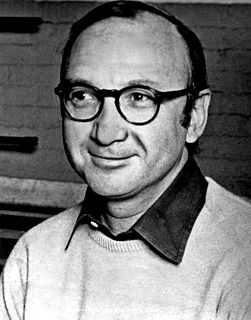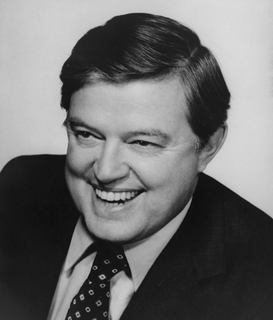A Quote by Paul Cezanne
The approbation of others is a stimulus of which one must sometimes be wary. The feeling of one's own strength makes one modest.
Related Quotes
The deeper we look, the more we shall be convinced that the one thing wanting, which we must strive to acquire before all others, is strength strength physical, strength mental, strength moral, but above all strength spiritual which is the one inexhaustible and imperishable source of all the others. If we have strength everything else will be added to us easily and naturally.
The sad truth is, if you push hard enough, and if you’re so stubborn that you must have things your way, God will sometimes allow you to undertake a project without His blessing or at the wrong time. The problem with that, of course, is when you start something in your own strength and in your own timing, you’re going to have to finish it and maintain it in your own strength.
With only one life to live we can't afford to live it only for itself. Somehow we must each for himself, find the way in which we can make our individual lives fit into the pattern of all the lives which surround it. We must establish our own relationships to the whole. And each must do it in his own way, using his own talents, relying on his own integrity and strength, climbing his own road to his own summit.
This perhaps was what lay at the root of the hysteria surrounding what came to be known as the Gold Rush: Men desiring a feeling of fortune; the unlucky masses hoping to skin or borrow the luck of others, or the luck of a destination. A seductive notion, and one I thought to be wary of. To me, luck was something you either earned or invented through strength of character. You had to come by it honestly; you could not trick or bluff your way into it.
I firmly believe that if you follow a path that interests you, not to the exclusion of love, sensitivity, and cooperation with others, but with the strength of conviction that you can move others by your own efforts, and do not make success or failure the criteria by which you live, the chances are you'll be a person worthy of your own respects.
Men are naturally lazy, and require some great stimulus to goad their flagging ambitions and enable them to overcome the inertia which comes from ease and the consciousness of inherited wealth. Whatever lessens in a young man the feeling that he must make his way in the world cripples his chance of success. Poverty has ever been the priceless spur that has goaded man up to his own loaf.
Yeah, well, we were looking for something sort of anonymous. It suggests what it is, but I like that it's modest. I feel like that's an underrated virtue. It's modest and it's kind of anonymous, which I liked, because it reminds me of my own ideas about why music should be played, which is not to be a star. That was never my intention.
The fact, however, to which I want to call attention is that the master of Judo never relies upon his own strength. He scarcely uses his own strength in the greatest emergency. Then what does he use? Simply the strength of his antagonist. The force of the enemy is the only means by which that enemy is overcome.







































